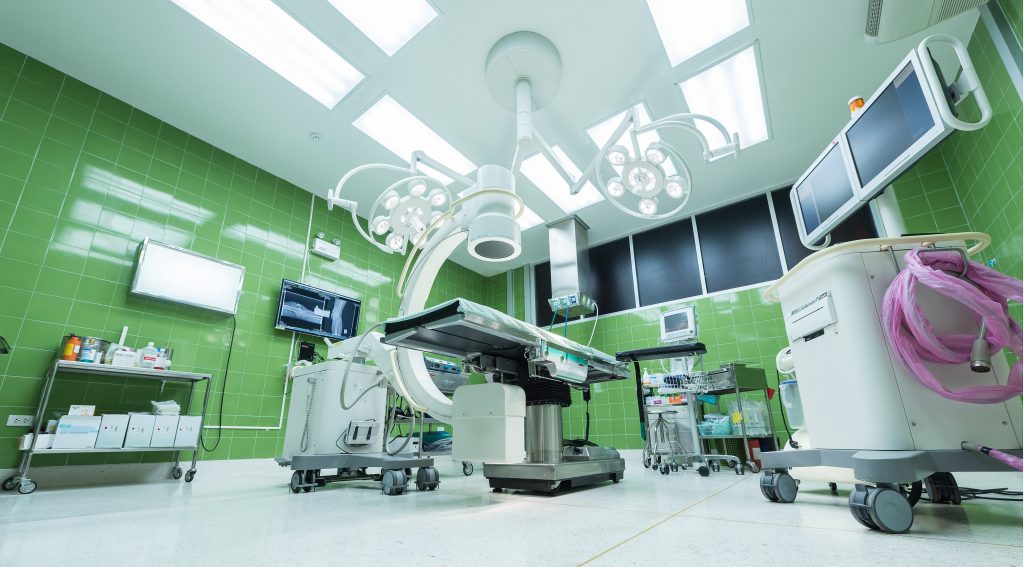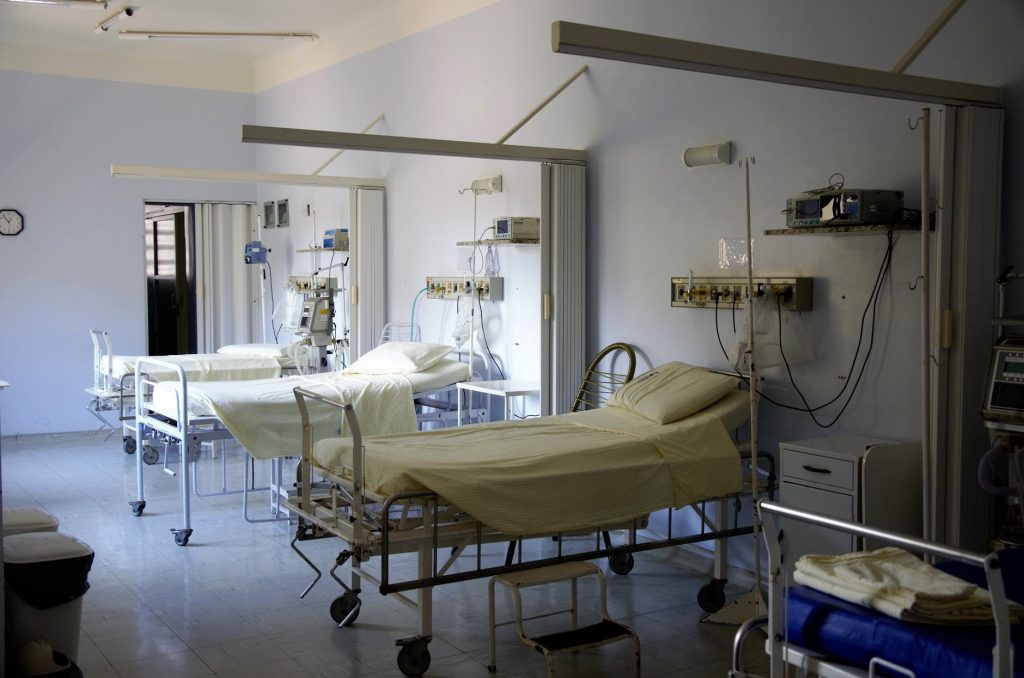The Integration of Robotic Surgery
With artificial intelligence today firmly entrenched in several hospital operating rooms, the area of robotic operation is beginning to get aggressive.

Giant companies such as Alphabet (GOOGL), Johnson & Johnson (JNJ) and Medtronic (MDT) are training their sights on Intuitive Surgical (ISRG), the king of autonomous operation businesses. But economists say the flourishing medical technology section has plenty of space to operate.
Robotic surgery is a place of health technology which may increase by billions of dollars as more machines have been utilized to treat individuals. While Intuitive now controls the area with $3.3 billion in yearly earnings, its trademark da Vinci robotic surgeons are restricted in the kinds of processes they manage. The multi-limbed da Vinci may be utilized in many different processes — such as coronary artery, colorectal, gynecological, head and neck, breast surgery, thoracic and urologic operations — but just so long as they’re minimally invasive.
How large the market may be is still uncertain, yet analysts concur that the capacity has not yet been tapped. So more gamers are moving, and fast.
Medical Technology Software
In March, Auris Health became the very first organization to immediately take on Intuitive when its catheter-based Monarch Platform gained U.S. approval. Intuitive will counterpunch by looking for approval for a more flexible catheter very similar to the Auris apparatus, probably this season, RBC analyst Brandon Henry stated in a recent report.
Meanwhile, others are operating in locations where Intuitive Surgical does not have a foothold. Smith & Nephew (SNN) includes a robotic assistant for knee replacements. Stryker (SYK) includes a robotic joint replacement method. Mazor Robotics (MZOR) and Zimmer Biomet (ZBH) have autonomous offerings in spinal and brain operation. Mazor alone might see around $3 billion in the sales management process steps but only from its own systems.
However, these players have a very long way to go to choose Intuitive Surgical’s throne.
In 2005, Intuitive had a market cap of $1.3 billion. Nowadays, it’s worth almost $52 billion. Capron calls “a remarkable stock.”
Intuitive Surgical: A ‘Blowout’ Quarter
Shares of health technology businesses have been relatively insulated from your woes bothersome pharmaceutical and biotech stocks of late. The shares of medical equipment manufacturers like Intuitive and Mazor have jointly spiked 15% year to date.
The da Vinci systems are moving deeper into hernias and are visiting early-stage adoption in bariatrics operation performed to cause weight loss.
Intuitive Surgical Opportunities
Myriam Curet, executive vice president and chief medical officer for Intuitive, reported in an email to IBD an estimated 82 percent of prostatectomies from the U.S. are conducted via a robotic-assisted operation. The exact same is true for approximately 80 percent of cancerous hysterectomies.
For the calendar year, Intuitive directed on its own first-quarter earnings conference call to 12%-15% increase in the number of processes performed with its own systems this year. That followed exactly what many believed a solid fourth quarter where recurring earnings — such as accessories and instruments to get its da Vinci systems — climbed 11%. Recurring earnings represent 73 percent of the revenue pie.
However, even Intuitive Surgical sees itself at the first innings and anticipates robotic operation to present a massive total addressable market. The amount of da Vinci processes performed annually climbed almost 68 percent from 2013 to 2017.
Contest In Medical Technology
Monarch is a flexible catheter. Surgeons thread through a patient’s mouth and in the lungs by remote management. Ahead of its approval, investors thought “credible competitions” to Intuitive are decades off. However, Monarch got acceptance months ahead of opinions. Intuitive Surgical strategies to seek approval of its flexible catheter after this season.
RBC’s Henry notes Auris’ Monarch includes a 25% bigger catheter than Intuitive’s to permit the own camera. Intuitive see again at a smaller catheter that may go deeper into the lungs, Henry wrote in a recent report. This would enable surgeons to possibly use it in order to remove diseased tissue.
Meanwhile, the J&J has teamed up with Google on a firm Named Verb Surgical. Analysts are unsure exactly what system the group is generating, although they expect it to input the autonomous operation market in 2020.
At precisely the exact same time, Medtronic is partnered with Mazor. Medtronic also anticipates its very own robotic operation system to start in 2020.
That is where companies such as Mazor and Zimmer Biomet, making systems called ROSA, come in. Both have systems which surgeons utilize in mind and spinal processes. Cosmetic Dentistry Firms: Target Industry
Stakeholders expect spine processes to grow quickly.
Research By Cosmetic Surgery Businesses
Last October, Mazor introduced the results of a 379-patient research that saw a fivefold decrease of complications for operations done using its Mazor autonomous operation technology. Especially, there was likewise a sevenfold decrease in revision operation compared to freehand breast augmentation surgeries.
All concur that robotic surgery will not replace individual surgeons worker productivity. Hadomi likens his system and many others like it to ‘the toolbox of their surgeon.’



